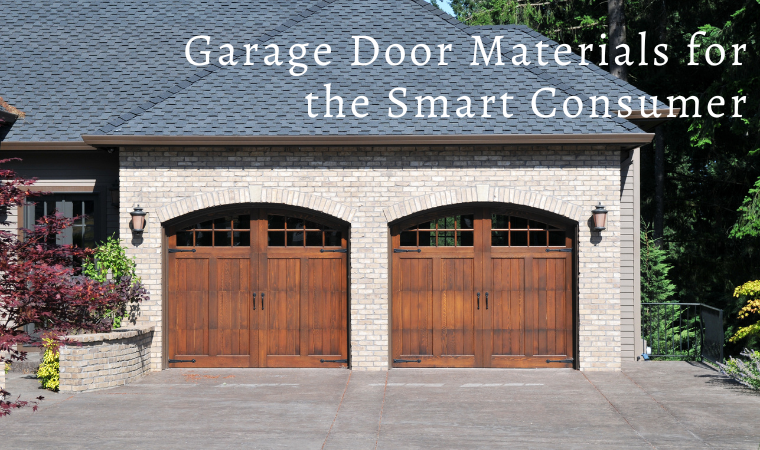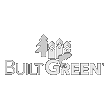
Garage Door Materials for the Smart Consumer
When working with a client on an exterior remodel, we suggest that one of the first and best ways to improve their home’s curb appeal is by upgrading the garage door. Most people aren’t sure what options are out there, so here’s a brief introduction to the various materials available.
Steel
- Durable in most climates, it is resistant to cracking and warping from moisture.
- It is easily customizable for most house styles and comes in a variety of color options.
- Relatively cost-effective, especially as you consider ownership over time.
- Does not always have the best insulation, so you may choose to pay more to increase the R-value.
- Rust is always a consideration with steel, but with regular maintenance it can be avoided.
Wood
- In our opinion, wood doors offer the best curb appeal and provide a timeless appearance.
- A solid material like wood offers a more constant temperature in an attached garage, though there are more energy-efficient options out there.
- Hard wood is resistant to cracks and dents.
- Wood is heavy, so it may require a substantial track system.
- We recommend this material for traditional style homes.
- They require regular maintenance to stay looking great.
- Wood is usually one of the more expensive material options.
Composite
- This material is a more affordable option.
- They are lightweight and durable, especially in high moisture climates.
- While customizable, they may lack the depth of a wood door option.
- Minimal maintenance is required with composite, but over time paint chipping can occur.
Fiberglass
- Is a cost conscious option that looks like wood but without the maintenance.
- Good option for hot climates.
- It’s a light weight material that is low maintenance, only requiring effort every few years.
- Fiberglass doors have good insulation so they can be a good energy efficient option.
- If it gets damaged, the whole door must be replaced vs. just the damaged area.
Vinyl
- A rust free option, vinyl is particularly good for wet climates.
- Vinyl doors are dent resistant, so if you have kids these may be for you.
- There’s not a ton of insulation in these (though more can be added), so we don’t recommend them for hot areas.
- Typically offered at a more entry level price point.
- There are a limited number of colors and styles, so we typically recommend painting to match your home.
- Overall maintenance is low, but they do require paint updates after several years.
Aluminum & Glass
- Ideal if you’re seeking a modern aesthetic with lots of natural light.
- Lightweight, but offer limited customization options.
- Glass can shatter but is resistant to rust and corrosion.
- Regular cleaning is the primary form of maintenance needed.
- Not the best insulated, so may not be the ideal choice if energy efficiency is a top priority.
- More costly than alternative materials, aluminum and glass typically require a higher initial investment.










Leave a Reply